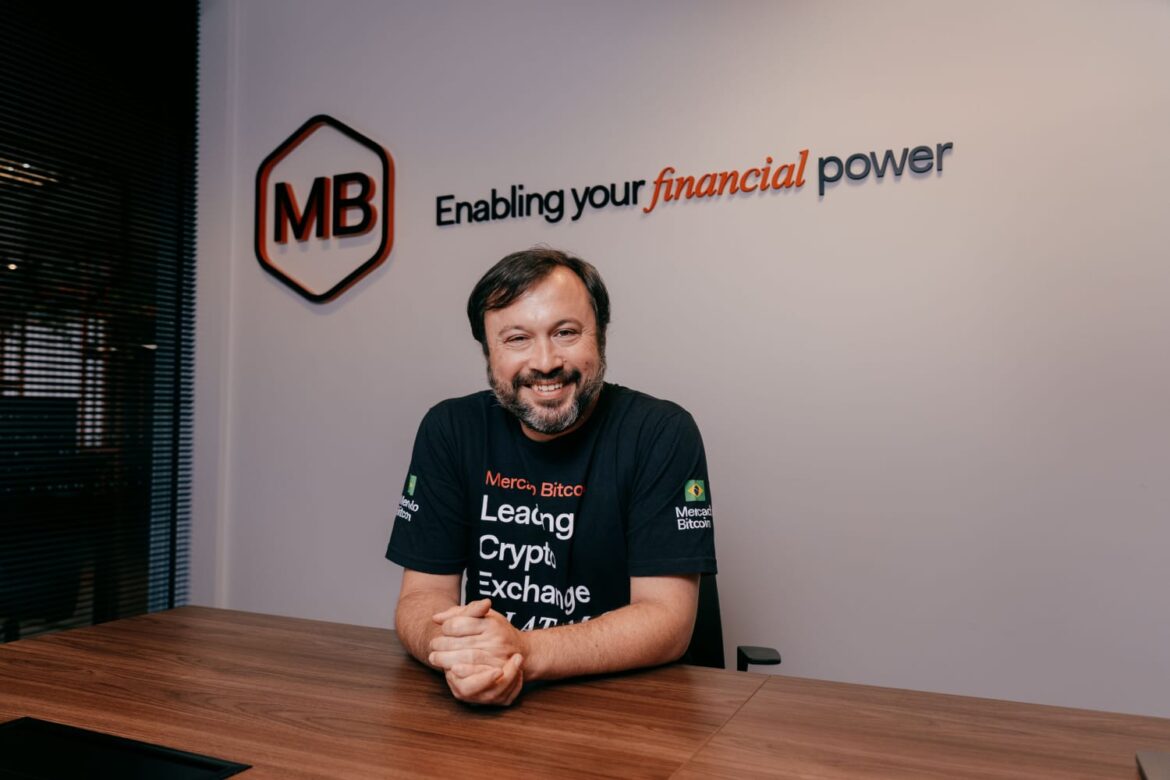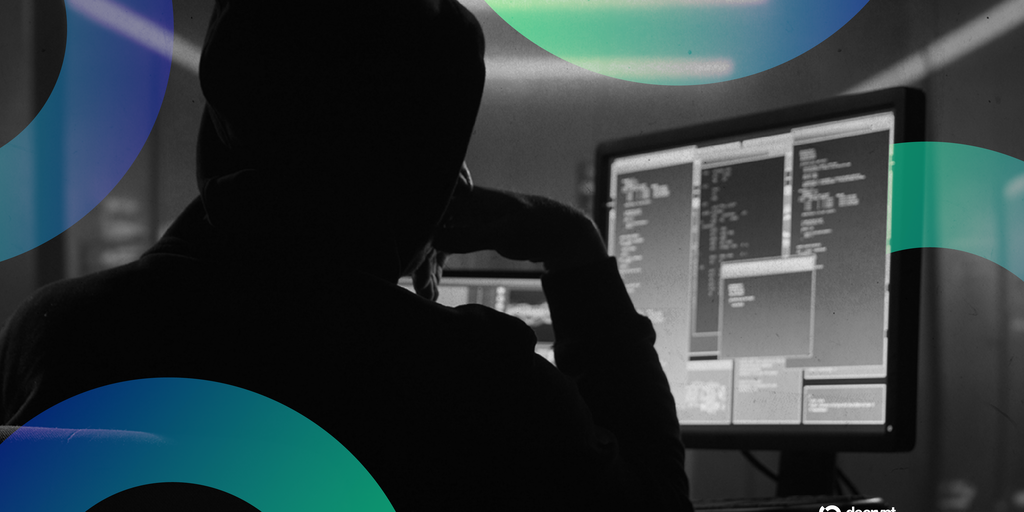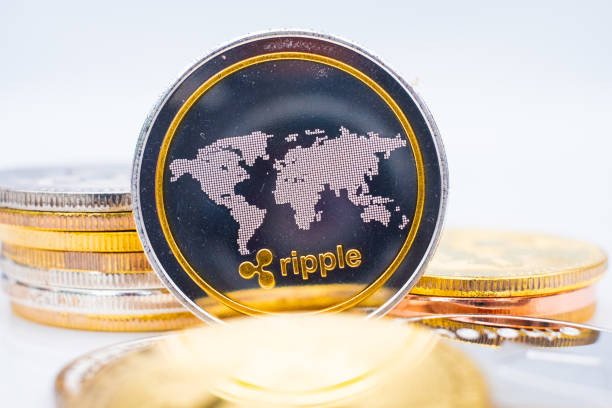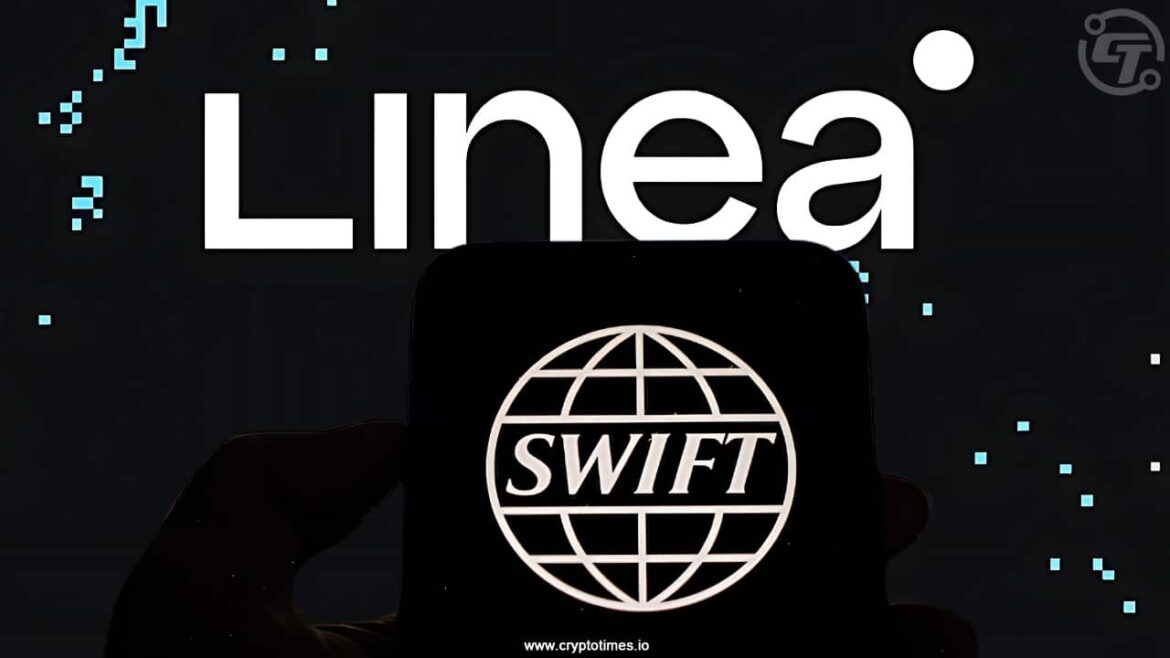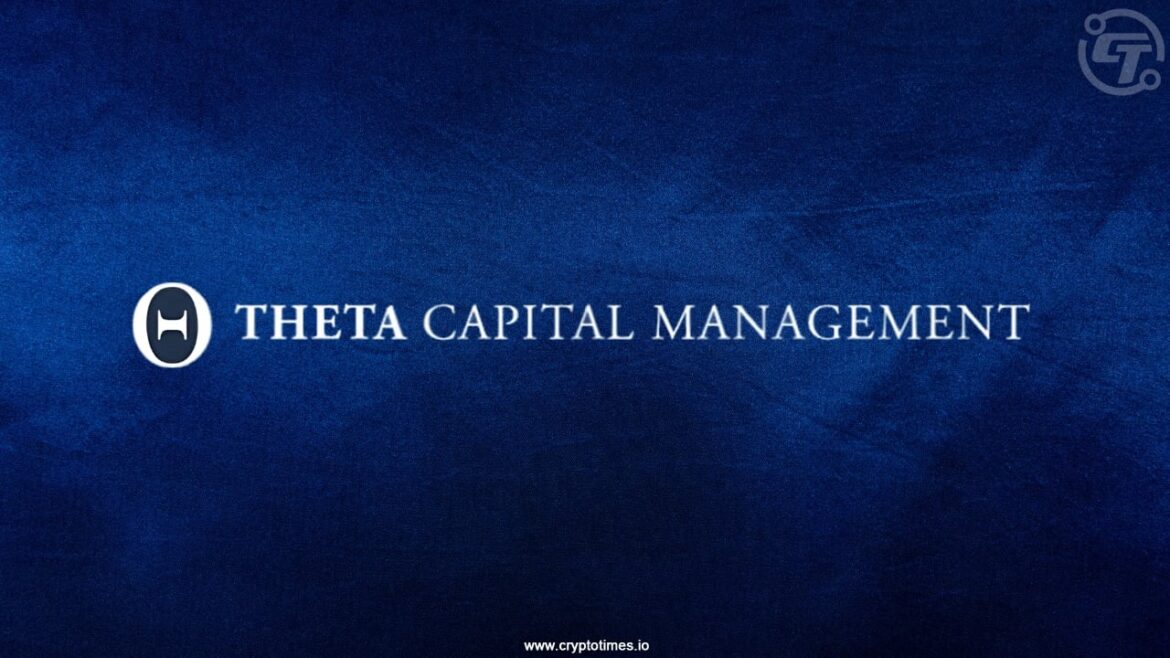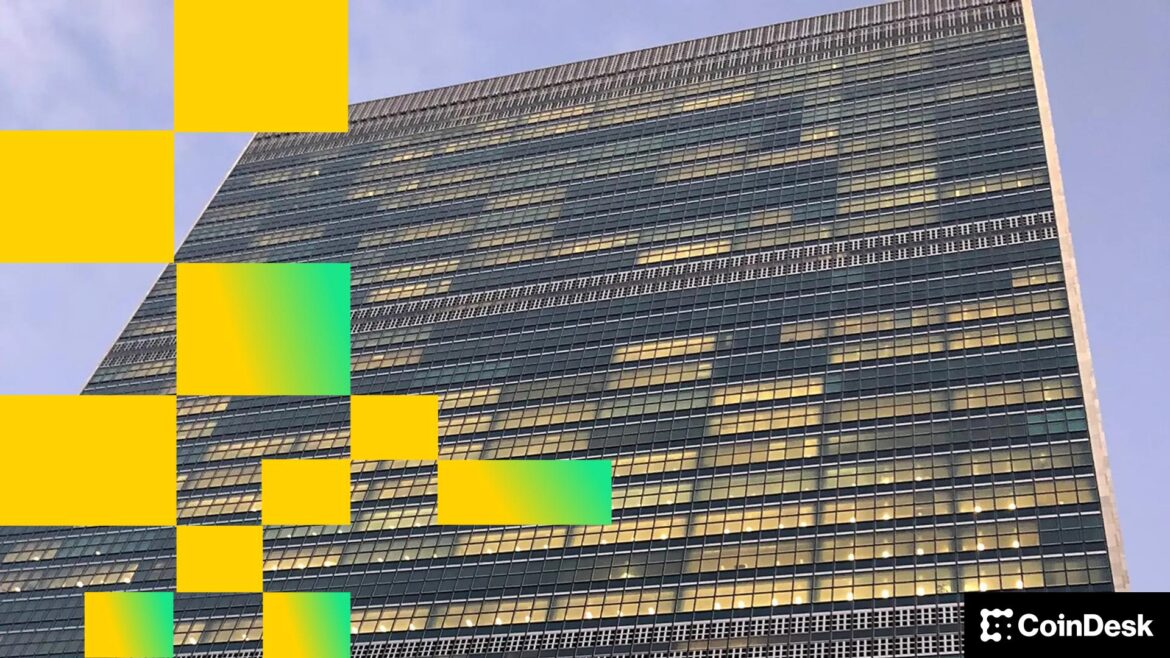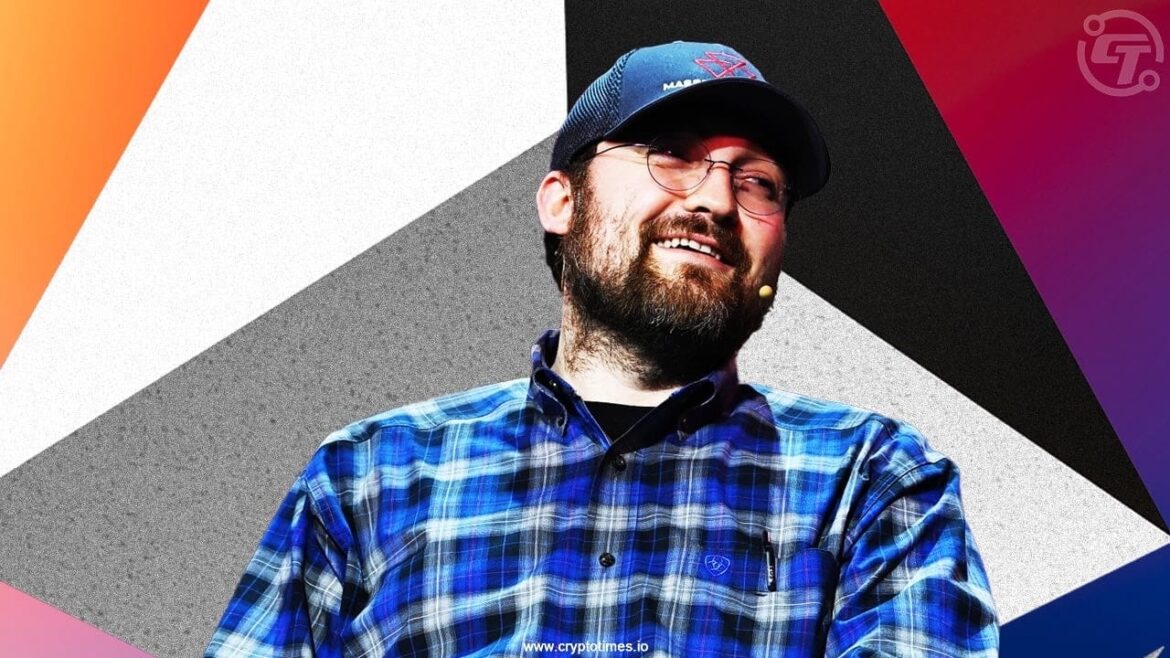Twelve years after launching as a cryptocurrency exchange, Mercado Bitcoin aims to be something entirely different.
Less focused on price charts and trading pairs, the São Paulo-based company now talks more about Brazil’s central bank’s PIX payments, digital fixed income, and streamlined remittances.
Mercado Bitcoin’s head of corporate development, Daniel Cunha, told CoinDesk in an interview on the sidelines of the exchange’s DAC 2025 conference that the firm wants to become the app where Brazilians manage their financial lives. A kind of “super app” for spending, saving, and investing.
Yet, calling MB a “super app” may not quite capture the essence of the strategy. Its leadership prefers a different term: a financial hub that blends legacy finance with blockchain, letting users tap into both without needing to understand either.
“The revolution happens when the protocol disappears,” Cunha told CoinDesk. “The customer doesn’t want to hear about blockchains and tokens. They want to know the rate, the risk, and the maturity date,” he said, referring to the exchange’s tokenized fixed income offerings.
‘Invisible blockchain’
That thinking has reshaped how MB presents itself to users. Instead of relying on crypto-native vocabulary, the company now emphasizes features in its offering. One major change involved scrapping the term “tokenization” in user-facing materials altogether, Cunha said.
“We tried a ton of variations,” Cunha said. “When we stopped saying ‘token’ and started saying ‘digital fixed income,’ things took off.” The idea is to have a product whose backend is powered by blockchain technology, but the frontend remains more recognizable to the masses.
Essentially, MB’s bet is that “invisible blockchain” is the next frontier.
“We’re going to see a lot of people use blockchain without realizing they’re using blockchain,” MB said. “That’s when you know the revolution has happened.”
The firm’s flagship blockchain-based investment products focus on tokenized private credit, a segment it believes is underserved and ripe for disruption in Brazil.
Brazil ranks among the top five countries for retail crypto usage, according to Chainalysis’ Global Crypto Adoption Index. MB is positioning itself as an answer to a pain point common in the country through a stablecoin-based remittance service.
A pivot from trading
Despite all the new initiatives, MB’s core business, crypto trading, still accounts for the majority of its revenue. But that balance is shifting.
At its peak, trading made up 95% of the firm’s income. Today, that number is closer to 60%, with the rest coming from payments, custody, tokenized investments, and services like asset management. Over time, the company expects trading to fall below 30%, Cunha revealed.
As part of that shift, the firm is also expanding geographically. It now has a client-facing operation in Portugal and is building institutional channels in the U.S., aiming to link capital and investment opportunities across markets.
Mercado Bitcoin, where a significant portion of assets under management are made up of small and medium enterprises’ treasuries, expects to surpass 3 billion reais ($563 million) in tokenized credit issuance by year-end. About 20% of assets under custody on the platform are now tokenized real-world assets (RWAs), up from virtually zero just a few years ago.
The pivot sits within a wider push to build “financial super apps.” Coinbase CEO Brian Armstrong has said Coinbase aims to be a crypto-powered “super app” that would provide “all types of financial services.”
Beyond crypto, fintechs such as Revolut and Paytm are bundling payments, lending and investing. The playbook borrows from WeChat and Alipay, apps that bundle social, financial, and other features.
Read more: Crypto Exchange Mercado Bitcoin to Tokenize $200M in Real-World Assets on XRP Ledger

